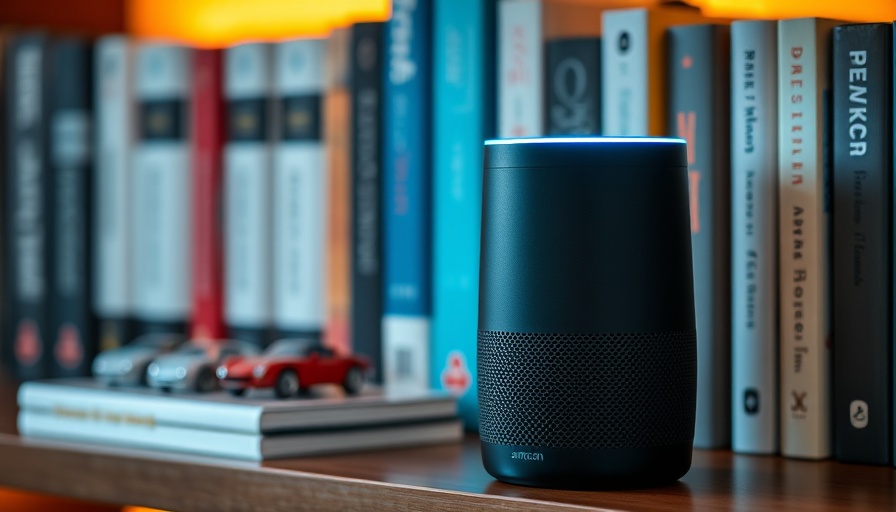
Amazon’s Echo Makes Major Privacy Shift: Voice Recordings Sent to Cloud from March 28
Starting March 28, Amazon Echo users face a significant change in how their voice recordings are handled. In a move that has raised eyebrows among privacy advocates, Amazon announced that all voice commands will be sent to their cloud for processing, eliminating a feature that allowed local processing for users who preferred to keep their voice data private.
What Sparked This Change?
Amazon sent emails to customers with the “Do Not Send Voice Recordings” option enabled, informing them of the discontinuation of this feature. The decision comes as the company prepares to roll out the updated Alexa+, which promises advanced capabilities like improved voice recognition through its Alexa Voice ID feature. However, deploying these powerful generative AI features requires access to users’ recordings, leading to this privacy trade-off.
Consumer Concerns Over Privacy
For many, the idea that Amazon will store recordings of every command spoken into their Echo devices poses a serious privacy concern. Previous incidents have undermined Amazon's trustworthiness regarding user privacy; in 2023, the company agreed to a $25 million settlement with the Federal Trade Commission over allegations involving children's privacy. This settlement highlighted how customer recordings were kept indefinitely without clear user consent.
Safeguards or Lack Thereof?
In a bid to reassure users, Amazon claims that recordings will be deleted after processing. However, users opting out of data storage will find their devices’ Voice ID feature rendered unusable. This presents a dilemma: users must choose between their privacy and accessing the more advanced features of the new Alexa+. Analysts argue this strategy highlights Amazon’s shift to prioritize cloud-based functionality over consumer privacy.
Historical Context: Privacy Debates in Tech
Amazon is not the only tech giant facing scrutiny over privacy practices; similar concerns have surfaced with companies like Google and Facebook. The discussions around privacy settings often lead to larger societal debates regarding digital ethics. As devices become more integrated into our daily lives, the question remains: How much are consumers willing to trade privacy for convenience?
What’s Next for Amazon Echo Users?
As Amazon rolls out Alexa+, users will have to make challenging choices regarding their privacy. Those uninterested in the cloud-based processing will likely find their devices less functional, as advanced features tied to voice recognition will be off the table. The situation highlights a growing trend within the tech industry: as devices become smarter through AI, users may increasingly find themselves compromising their personal data privacy.
Future Insights: AI and Privacy
The rollout of Alexa+ isn’t just a new service encounter; it illustrates a broader trend in the tech industry where artificial intelligence capabilities thrive on collected data. Experts believe that the future of AI and device interaction will hinge on balancing enhanced features with privacy considerations. Advocates call for more stringent data protection regulations to hold corporations accountable for users’ privacy, especially as technologies evolve.
Conclusion: Making Informed Choices
As we continue to embrace AI in our homes, understanding the implications of these technologies on our privacy is crucial. Consumers must weigh the benefits of smarter devices against the potential risks of sharing personal voice data with entities like Amazon.
In light of these changes, consider reviewing your privacy settings and understanding how your data is utilized. Staying informed is essential for navigating the emerging landscape of AI and privacy.
 Add Row
Add Row  Add
Add 




Write A Comment